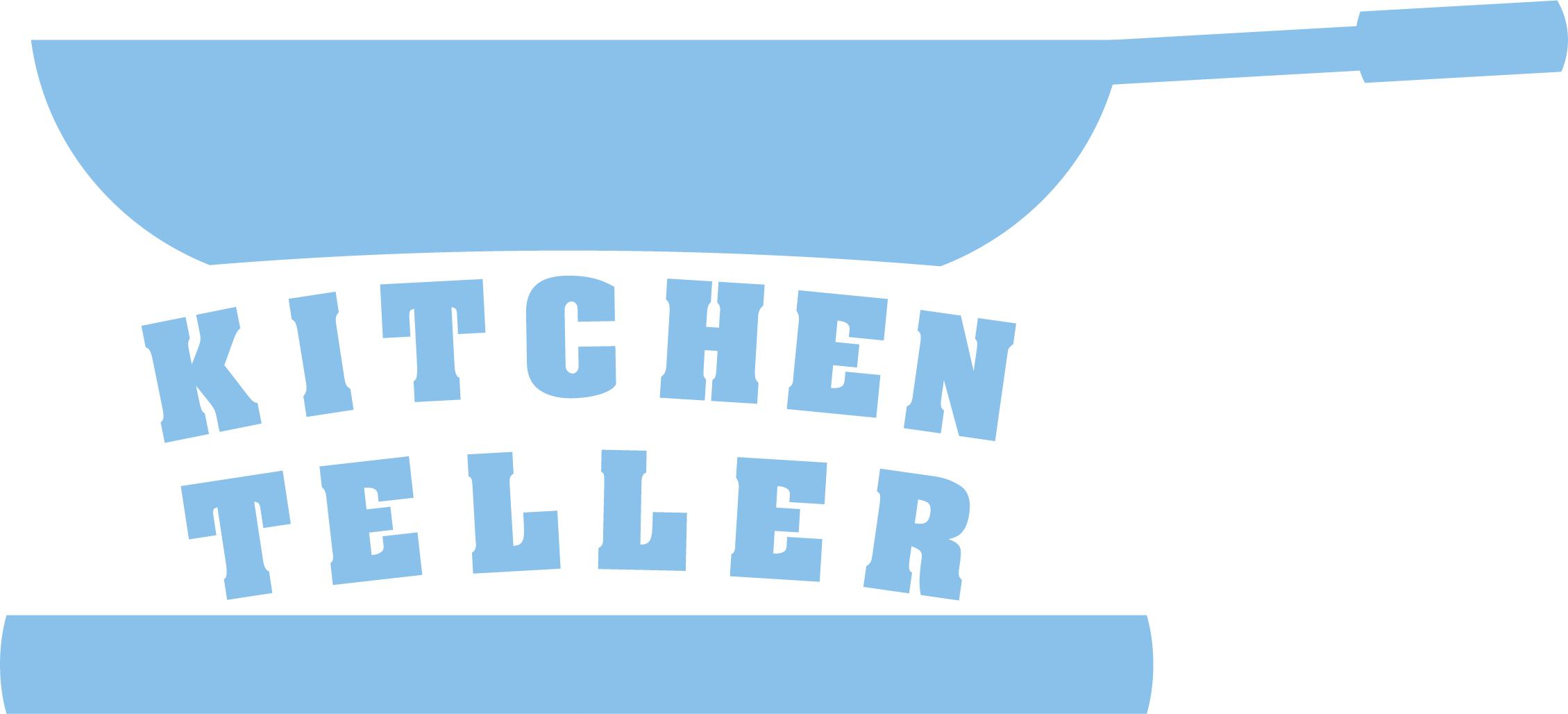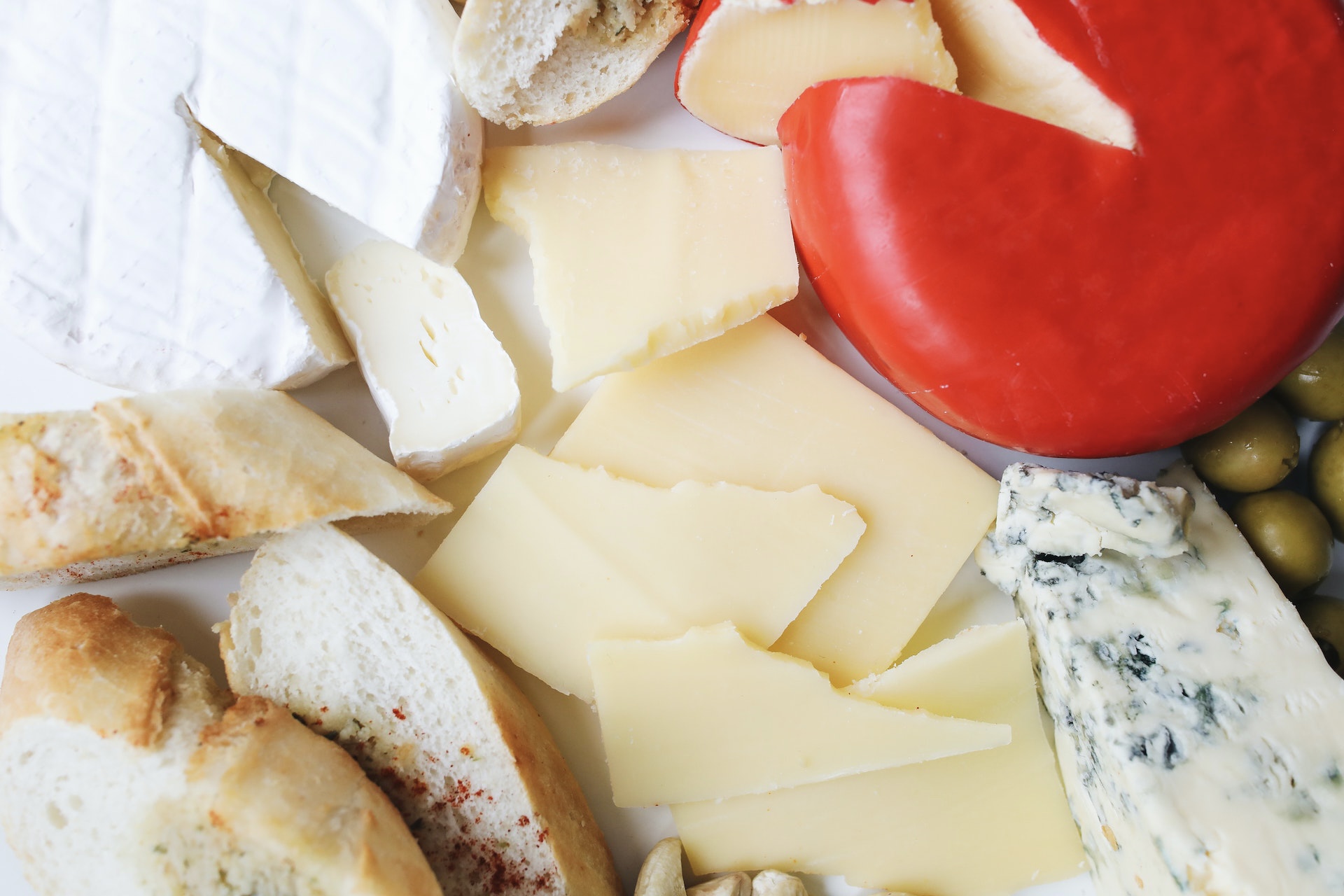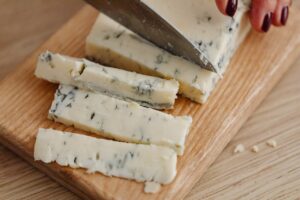Cheese is heaven on a plate, but you may be concerned about whether it is healthy or not. This article tells you everything like the health benefits and drawbacks of cheese, and which cheese is healthy. Let’s dive in!
Table of Contents
Is Cheese Healthy? (Health Benefits & Drawbacks)
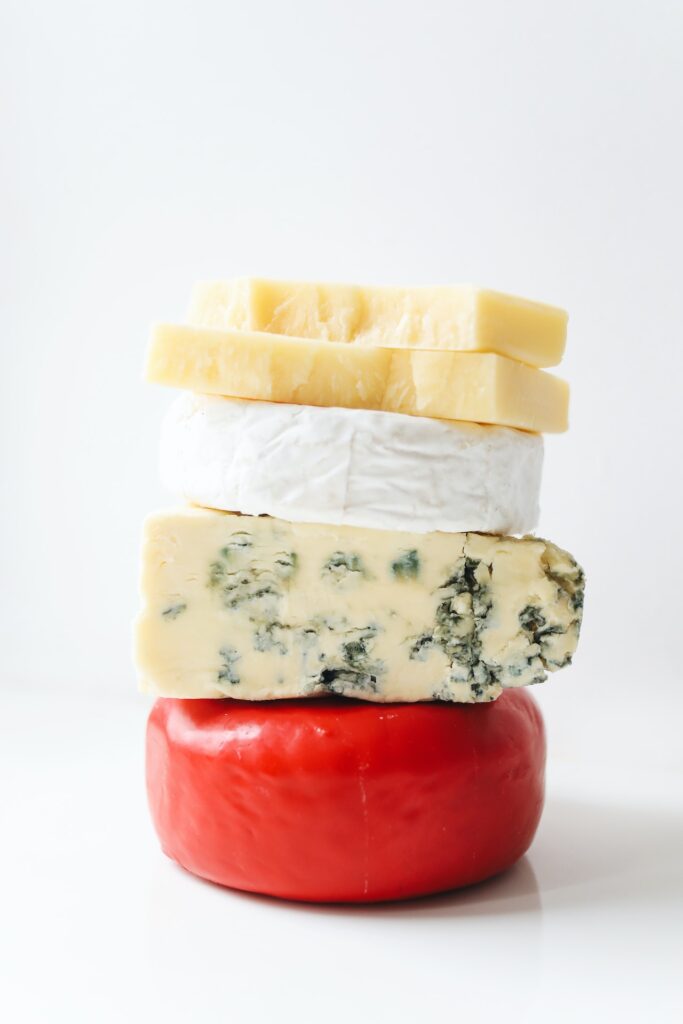
If you know how cheese is made, you’ll probably know it is high in fat. But cheese can be healthy in moderation and is really nutritious. Here are the health benefits of eating cheese:
- For starters, cheese is a good source of protein, containing all nine essential amino acids that our bodies need. Protein helps you feel full and provides essential amino acids for muscle, bone, blood, and cartilage health.
- It also contains significant amounts of vitamins and minerals including calcium, phosphorus, selenium, vitamin B12, and riboflavin. Calcium is important for bone health and preventing osteoporosis.
- Additionally, cheese contains conjugated linoleic acid (CLA), which may have anti-cancer properties and help reduce body fat. Regular consumption of cheese has also been linked to a lower risk of heart disease.
- The saturated fat in cheese may actually help raise good cholesterol and reduce insulin resistance.
However, cheese is also high in saturated fat and calories, so eating too much can contribute to weight gain and high cholesterol. Thus, do be aware of the amount during weight loss. Despite this, eating cheese in moderation, such as a few slices a couple times per week, can provide various nutritional and health benefits.
Overall, the diverse nutrients in cheese, when consumed as part of a balanced diet and lifestyle, can help promote better health and reduce disease risk.
In general, eating cheese in moderation, as part of a balanced diet that includes plenty of fruits and vegetables, whole grains, and lean proteins, can provide health benefits.
► Read More: Is Cheese Keto Friendly? What Kinds of Cheese to Choose?
3 Tips for Healthy Cheese Consumption
1. Eat cheese in moderation
The dietary guidelines recommend consuming 3 servings of dairy per day, and an ounce of cheese counts as one serving. You may measure out single servings instead of eating directly out of a cheese block or bag. Furthermore, use cheese as a flavoring or ingredient, not the main dish.
2. Choose the right cheese
Different types of cheese have different nutritions. Typically, hard cheeses have less fat than soft cheeses. Choose hard cheeses or part-skim/reduced-fat cheeses. (We’ll talk about what types of cheese are healthier below.)
3. Avoid highly processed cheese products
The high processed cheese products may have many unhealthy additives like sugar, salt and preservatives. Therefore, avoid choosing processed cheese such as cheese spreads, Velveeta, etc.
Which Cheese Is Healthy?
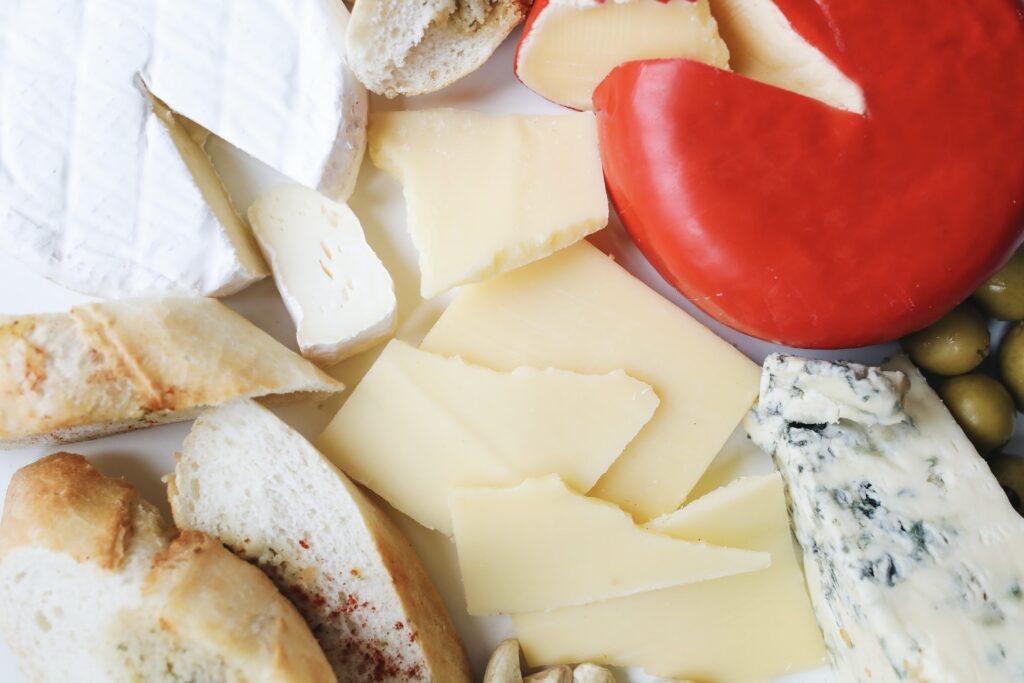
Generally, healthier cheese options include:
- Hard cheeses: like Parmesan, Pecorino, Swiss, and Cheddar. These have less fat and cholesterol than soft cheeses.
- Cottage cheese: This is a lean cheese that’s low in fat but high in protein. It’s a great addition to your diet.
- Feta and goat cheese: Feta and goat cheese have a tangy flavor and contain less fat per ounce than Mozzarella.
- Part-skim or reduced-fat cheeses: These have some of the fat removed, but still provide calcium and protein.
► Read More: What Is Goat Cheese? Is It a Dairy? | FAQs of Goat Cheese
► Read More: 13 Types of Goat Cheese Recommended (Don’t Miss It!)
Which Cheese Should Be Eaten in Limits?
Some cheese may be not good to be consumed too much due to higher fat content:
- Soft, creamy cheeses: For example, Brie, Camembert, Blue Cheese, and mascarpone.
- Processed cheese spreads and cheese products: Such as Velveeta, American cheese slices, and cheese whiz. These contain additives and more sodium, fat, and preservatives.
- Full-fat mozzarella and ricotta: While Mozzarella and Ricotta have nutritional benefits, the full-fat versions are higher in calories, fat, and cholesterol. Part-skim versions are better options.
► Read More: What Is Blue Cheese? How It Is Made? | FAQs of Blue Cheese
► Read More: 11 Best Types of Blue Cheese From Mild to Sharp
If you buy on Gourmet Food Store.com, use our unique discount code: KitchenTeller on the Basket page or the Payment page during checkout to enjoy 10% OFF!
If you buy on Di Bruno Bros, click HERE to check the latest discount!
Summary
So in summary, cheese can definitely be part of a healthy diet when consumed in moderation and as part of a balanced diet. As with everything, moderation and right choice are key. Enjoy this fantastic magical food!
► Read More: 20+ Types of Cheese (Soft to Hard, Mild to Sharp) | Ultimate Guide
